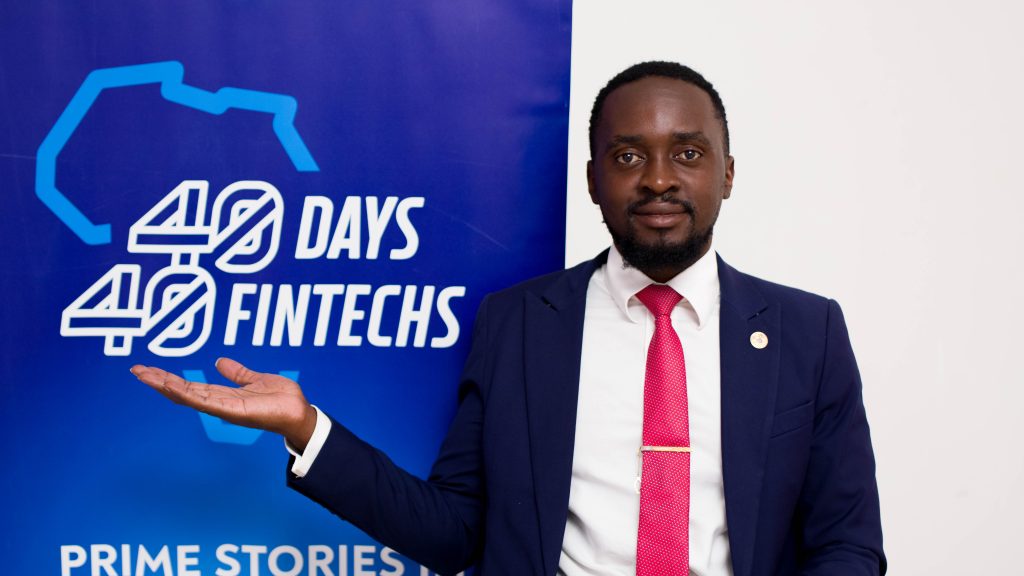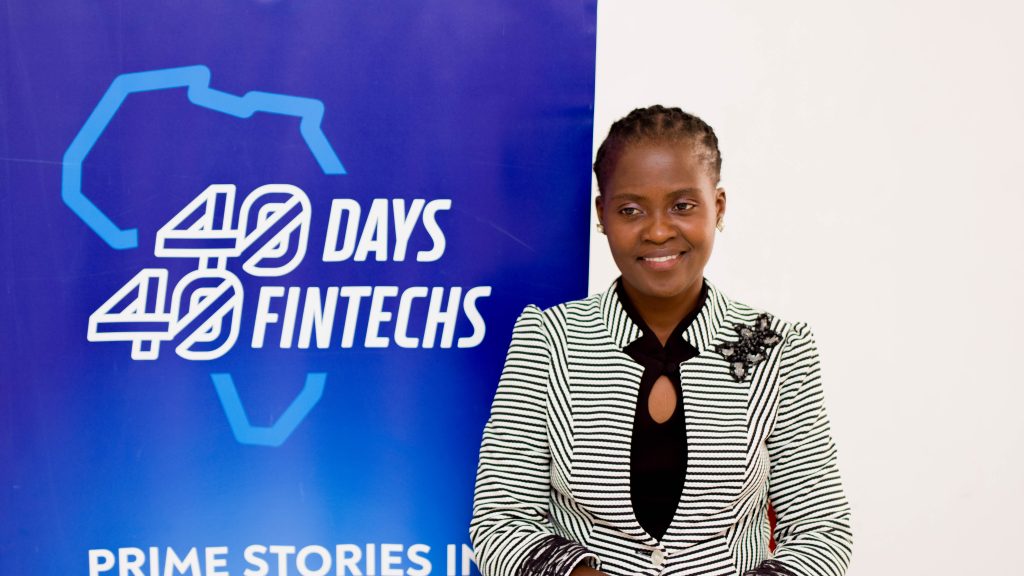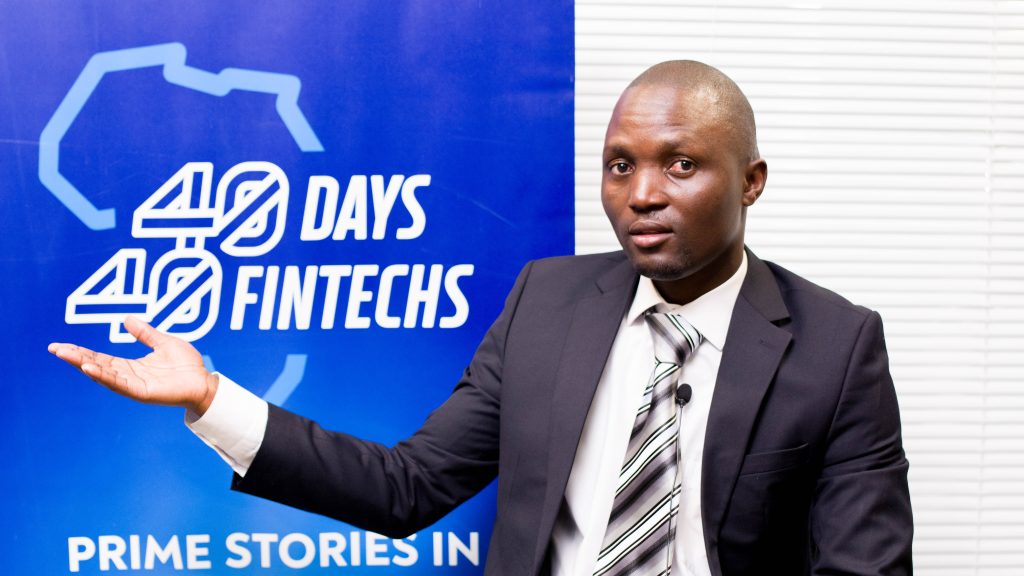Across Africa, informal cross border traders are irked by different bottlenecks. Among such challenges is lack of access to reliable, real-time trade and market information to support decision making.
It is this specific challenge that Trade Flow Analytics is addressing in Malawi. Trade Flow Analytics is a web solution that relies on data analysis to provide trade information including available markets and foreign exchange rates to cross-border traders.
“We are a start-up Fintech that has been in the industry for less than a year. Basically, what we do is analyzing trade data to help cross border women. We make sure that these women have access to real-time data and able to have insights which are coming from a platform accessible any time so long as they have internet and a smart phone,” noted Deborah Jalakasi, the managing director of Trade Flow Analytics said.
She added: “Our platform is accessible on the Play Store with one having to download, install, subscribe at a small fee and then register. After registration, you can then login and access the dashboard. The dashboard has different modules such as market insights, forex, and trade regulations among others. We are delivering a data driven solution because when data is available, people are able to make good decisions.”
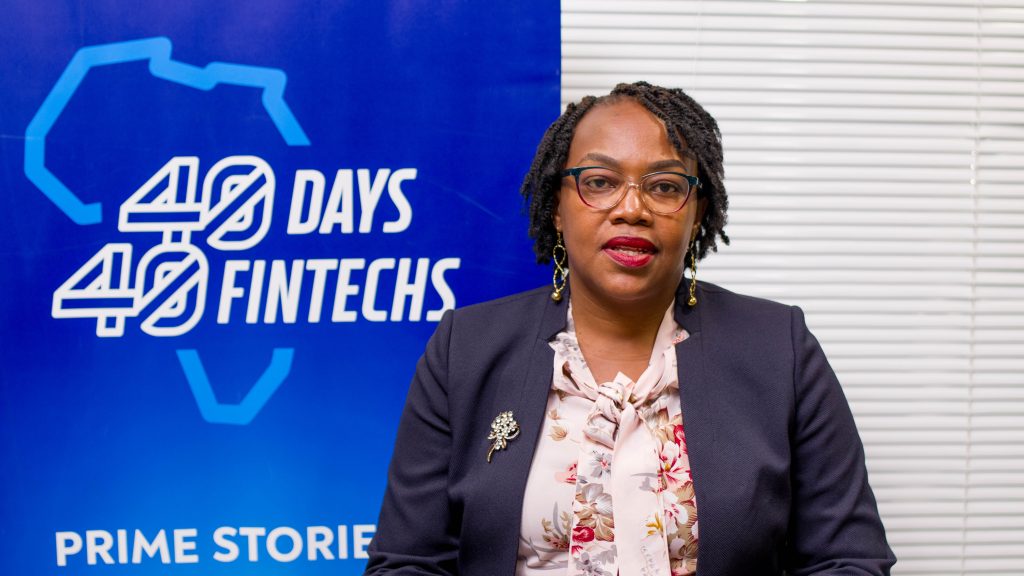
Jalakasi noted that this platform was inspired by her bad experience as an informal cross border trader operating between South Africa and Malawi.
“That time, I had no platform to refer to so when I got stock from South Africa, I came back to Malawi and tried to supply only to find that the prices had changed and I was at a loss. So, this idea came up for us to have an APP from which women can find the latest market information and avoid making loses.”
She noted that they first introduced the Trade Flow Analytics platform to women cross border traders at the Mchinji/Mwami border between Malawi and Zambia, with plans of rolling it out to other borders underway.
Jalakasi explained that as a start-up, their main challenges are getting updated trade data, digital & financial illiteracy, internet challenges, failure of many women traders to use smart phones and low user acceptance.
She urged the 40 Days 40 FinTechs initiative to support this platform through initiating collaborations with likeminded partners, capacity building and financial assistance.
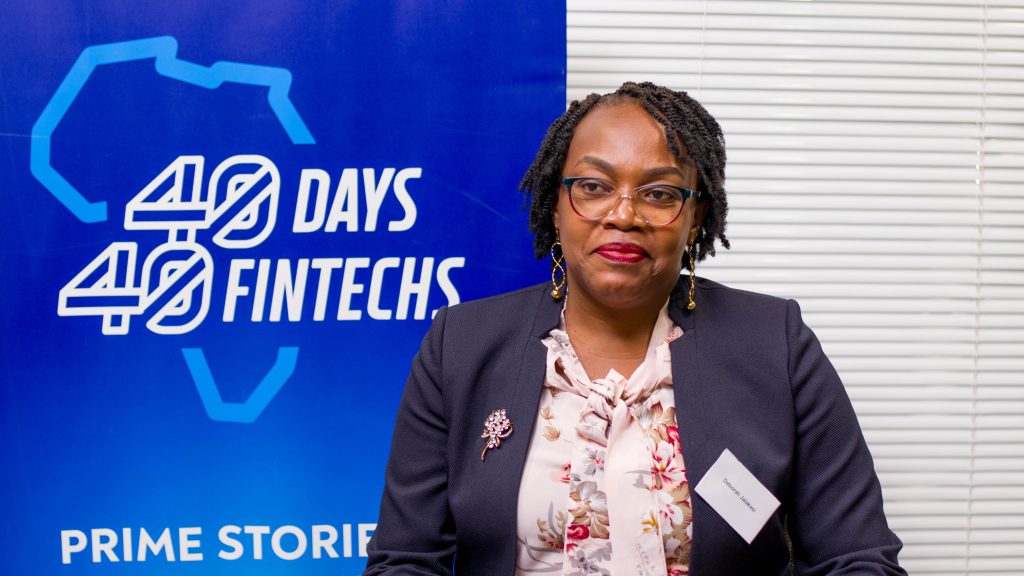
“If the 40 Days 40 FinTechs initiative can come in with financial help, it will move us from one level to another. We shall produce posters and fliers that we shall use to sensitize and onboard more cross-border traders.”
Women in Fintech Hackathon winners.
Although developed in 2024, Trade Flow Analytics was upgraded in the inaugural COMESA Women in FinTech Hackathon for Zambia and Malawi, held in Lusaka in March, 2025. Thanks to the platform’s gender intentional approach and scalability potential, Trade Flow Analytics won this Hackathon with its winners flying home with USD 2,000 in prize money.
Trade Flow Analytics featured on Day 30 of the 40 Days 40 FinTechs initiative; Zambia and Malawi edition. The roll-out of the 40 Days 40 FinTechs initiative in Zambia and Malawi followed its success in East Africa. Over the past 5 years, the 40 Days 40 FinTechs initiative has featured over 200 FinTech stories from Uganda, Tanzania, Kenya, and Rwanda. This initiative has also engaged hundreds of end-users and shared their stories with millions worldwide.
The primary objective of this initiative is to support and showcase innovative FinTech giants and start-ups from across Africa, with a focus on promoting financial inclusion and economic growth, in addition to giving start-ups access to the resources they need to develop new and innovative financial solutions that can benefit underserved populations. Such resources include but are not limited to Level One Project guidelines, Mojaloop Open Source Software and Inclusive Finance systems, etc.


